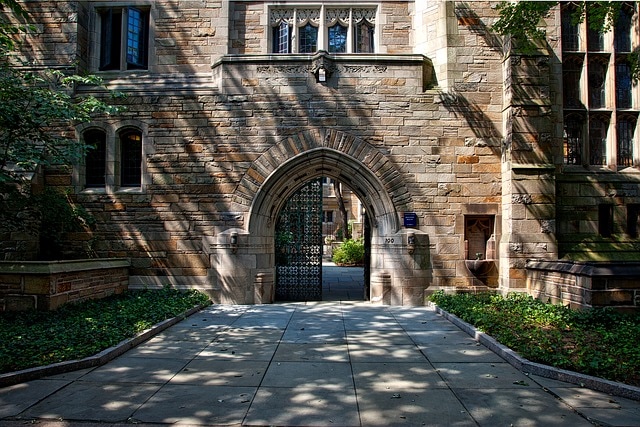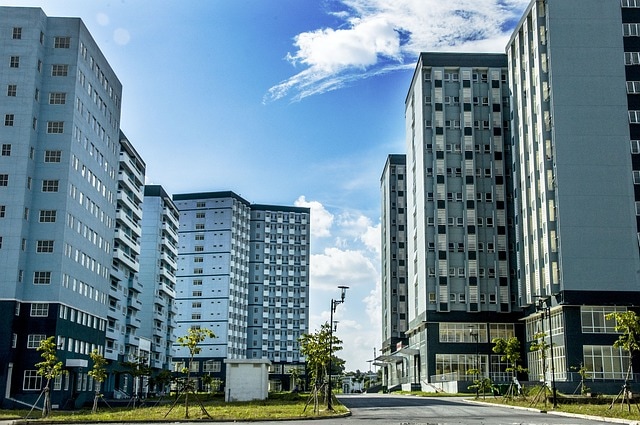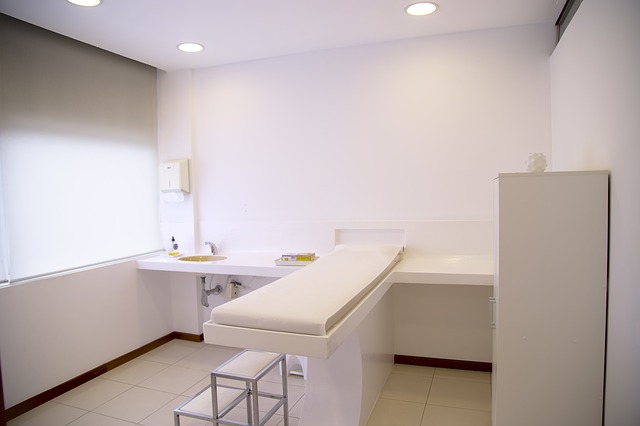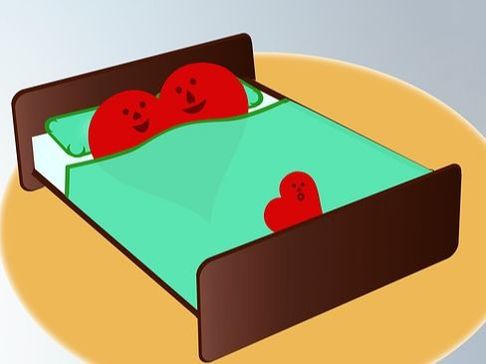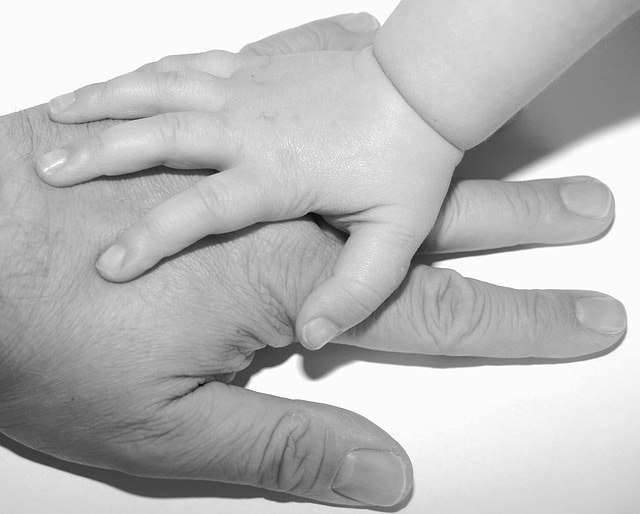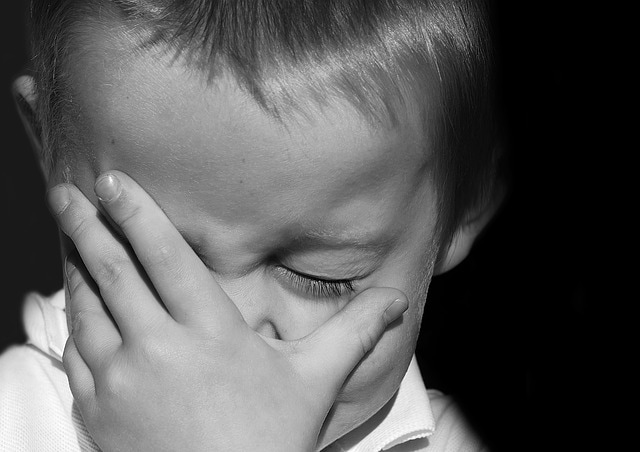In 2002, about 1 in 152 kids were diagnosed with autism, now, it's 1 in 68. It's an incredible shift. Tens of thousands turn 18 every year. The public schools will tell you that your child's special education services are ending. However, that's not exactly true. Federal law says that students with all forms of disabilities are entitled to special education (and the related services) until the end of the school year following their 21st birthday OR when they accept a diploma...whichever comes first.
If a student accepts a diploma, it's over. All rights to access special education and services ends.
Students are eligible for services for longer periods, however. They can access services through the end of the school year in which they turn 21.
In my experience, there are few, if any, programs and services to offer these students. So, families are given varying amounts of money usually after bringing a due process complaint against the district for failure to provide a Free and Appropriate Public Education to the student. The money is to provide whatever services the parents/guardians believe are necessary. Make no mistake about it, it's "hush" money. I always felt as though it was a "take this, be quiet and go away" kind of dynamic.
Because the demand is so great and there are so many people dedicated to helping those on the spectrum to have meaningful lives, the number of post-secondary programs and "supported living" arrangements are on the rise, but "buyer beware". Parallel to these private efforts, colleges and universities are seeing the benefit of having students on the spectrum on their campus and are offering extensive supports for them.
When the clients I had evaluated childhood thought high school, were on their way to college, there was nothing, just nothing to help us help them make those decisions. It was hand-over-hand teaching with lots of phone calls from the various student disability centers asking me "What do we do here?" We kept at it! I encountered many incredible professionals who were willing to learn and experiment. It was great. We still have such a long way to go in the college and employment settings despite our progress.
Based on a comprehensive evaluation before your child goes to college, you can make a sound decision about the college placement by exploring online and making a personal visit.
Here's a serious warning: I have had several clients attend private or parochial high schools as well as public schools and because their academic performance was strong, parents did not feel a need to get a comprehensive assessment before going to college. As a result, parents were unaware of "how" their child was going to "look" and function in that setting. The outcome was not positive.
Because you can learn so much online about placement and services, I won't cover those basics. I'm going to explain, from a real-life perspective, the concerns I have when my clients with autism go to college...
Previously, I've written about the smaller "scale of life" for those on the spectrum. Typically, adults have done everything for them, so they didn't pay attention and didn't have the experiences for themselves. They had few chances to make purchases and interact with a wide variety of people. My clients have not played sports, dated, driven cars, had sexual experiences, and generally, have not had the "adaptive behavior" opportunities that come with everyday life such as resolving conflicts with others. There were a lot of people spotting them everyday in every way.
Universities and colleges are big places that do not lend themselves to being "micro-managed". As a result of the smaller scale of their formative years, I recommend to my students that they attend either a community college or a local 4-year school that is smaller in size. I do not recommend that they live in the dorms if they are available. More about that later.
Those on the autistic spectrum will continue to have some level of sensory sensitivity throughout their lifetimes. It's about the "wiring" and while occupational therapy and sensory training can help minimize the discomfort, especially in the early years, a college campus is a busy and loud place with a lot of people which creates anxiety.
As a result of the environment being inhospitable, my clients can become isolated. They stay in their dorm room or apartment and don't go out except for classes. When even going to class becomes intolerable, they drop out.
Fraternities, sororities, sports, concerts and parties are not the preferred activities for those on the spectrum although a fair number of my college clients have really enjoyed the campus clubs.
I can usually tell when my clients are going to be successful in the university setting because they quickly develop a small "crew" as the result of getting involved in a club or specialized activity such as music or theater during the first quarter/semester.
So, if they're not going to participate in "all things college", what is the benefit to attending a larger school? Many community colleges and local, smaller college have very well-trained faculty and staff that can provide the same level of educational experience.
College dorms are not conducive to the social and sensory challenges of those on the spectrum. Unpredictability is a key factor. Newly-minted high school graduates still "look" more like high schoolers with their impulse control deficits and immature social skills. Now, at college, living quasi-independently, we've put gas on the fire by giving them the keys to freedom.
They're up all night in co-ed dorms. They're blowing weed, drinking alcohol, having sex. The music is loud and crazy and so are they. Their immature antics, though usually benign, are threatening to those on the spectrum.
This is the one variable that concerns me most about many of my clients going to college, but for those on the spectrum, "misunderstandings" could end up in legal charges. I'm less concerned about my male clients "overstepping" than I am about them getting involved with a more experienced female classmate who may traumatize them.
The university/college setting is intensely sexualized with all those young people in their "fertility" prime with under-developed brains and little adult supervision. My clients do not understand these dynamics or seem to be sexually motivated. In fact, I have yet to have a client, male or female, on the spectrum, who described themselves as heterosexual or gay or anything. The most accurate sexual description is "asexual". You can appreciate how there will be little "goodness of fit". The awkward and potentially dangerous situations that can arise from their diminished interest and experience are real.
For many college students, college is the first opportunity to explore their sexuality, but for my clients, many don't see themselves as engaging in romantic relationships. Even for my 18+ year old clients, the mention of sex brings a wide variety of "Oh no!" facial expressions and "icky" noises.
For many kids on the spectrum, they have no idea "what" sex looks like. It can appear to be violent if the context is unknown. I asked one of my male clients what he would do if he saw someone in the dorm showers and they were having sex. His response? "I'd call 911 because they're not supposed to be having sex if they're not married". I asked the same question about drinking alcohol or smoking marijuana. He had basically the same response, call 911 because "marijuana is illegal and you have to be an adult to drink alcohol". He went to college anyway. He lasted about 6 weeks before he was asked to leave because he called 911 so many times.
There are sex education programs for those with a wide variety of conditions that interfere with this kind of social judgment. Check out Autism Speaks for their recommendations.
Predators are everywhere. Maybe I should say "sociopaths" and "grifters". My clients, with their "small scale of life", social naivete, compromised social problem solving and, frankly, deficit instincts, don't readily understand when they're being taken advantage of and it could be a painful experience. Other students may "borrow" money or property from them without ever returning it.
My clients "do not know what they don't know". As a result, they may not call for the escort service before leaving the library at 10 p.m. to go to their car in the parking structure or to their dorm. They simple don't know how to protect themselves or the questions to ask themselves when they get into uncomfortable situations. In emergency situations, they are likely to panic more so than other kids.
They don't know how to self-advocate with classmates and professors and need consistent support.
Learn about the resources available on campus to both teach your student about safety issues common to campus life and how to access them.
Many times, it's not the "specifically autistic" behaviors that lead to struggles in the university setting. The problems related to having a developmental disorder can be the downfall. With my clients, it's usually Attention-Deficit/Hyperactivity Disorder with the accompanying slow processing speed and executive functioning deficits that cause them to leave the larger setting.
Because these kinds of "associated" processing disorders hide underneath others, it's very important to have an assessment done that specifically measures memory, processing speed and executive functioning deficits as well as social-emotional development.
Many universities have well-trained student support programs that provide academic accommodations for students, but they are not going to "nag/remind" the way we parents do in order to make sure that our kids are current with their assignments. Their staff will not check in on your child to make sure they are not playing video games, but are, indeed, working on their research paper.
Freshman college students are exposed to a great deal of stress, many people from all parts of the world, and "off-schedule" eating habits. As well, my clients on the spectrum tend to have limited diets which may compromise their immune system and when they get sick, they may not be able to judge how ill they are until they're in trouble. Someone other than your kid needs to monitor their health.
Consider asking the team following your student that they check in with them in terms of their health, diet, stress and anxiety as they move through the school year.
For each and every one of my clients, regardless of issue, who are going to a 4-year university and living in the dorms, the strongest recommendation I make is that they take "basket weaving" classes the first quarter/semester/trimester in order to acclimate themselves to a totally new environment. They need time to figure out "who" is around them and "how" to live in this setting.
I give them permission to "take a break" and simply enjoy the fact that they made it to college and that they need time to "sit a spell, look around and smell the roses".
Just do the best you can. TTFN, Claudia
Join me on Facebook at Dr. Claudia McCulloch

